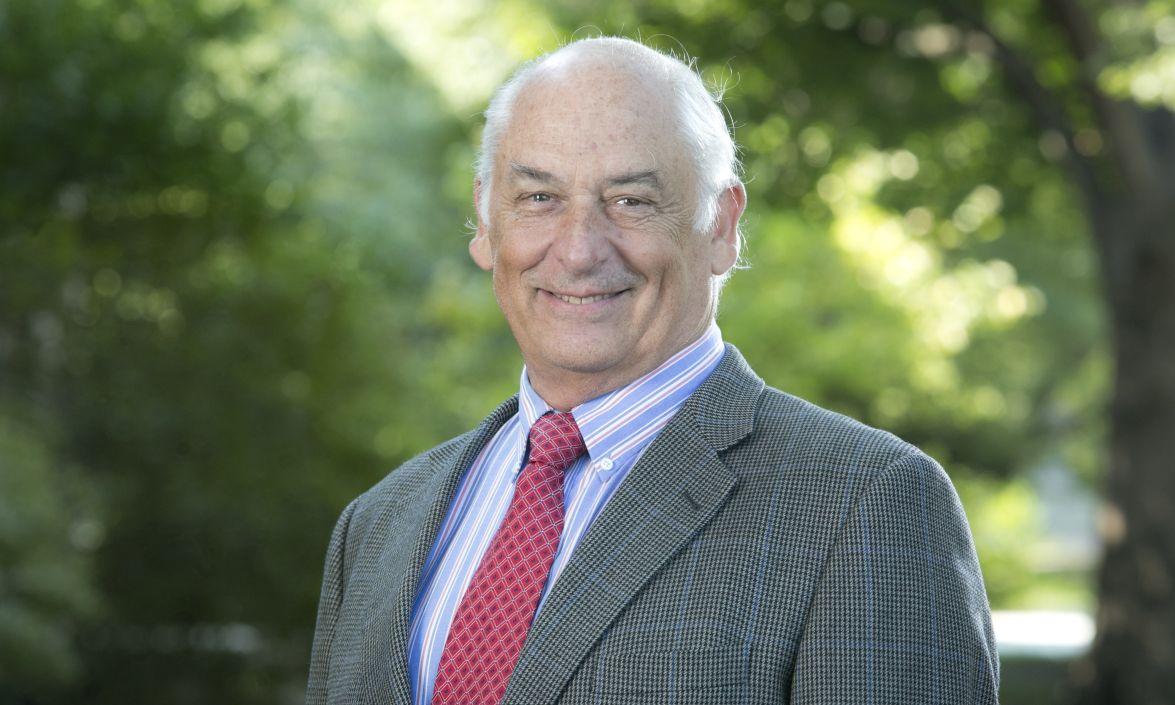Dennis Clements to receive Kyle J. Cavanaugh Award for Leadership and Service
Dennis Clements III, MD, PhD, professor emeritus of pediatrics and adjunct professor of global health, will be honored in March with the Kyle J. Cavanaugh Award for Leadership and Service, which recognizes extraordinary contributions by Duke staff and faculty whose leadership has had a lasting impact on the university.
How climate disasters threaten the health of incarcerated people
A new Duke University School of Medicine study reveals how climate disasters intensify the already harsh conditions faced by people who are incarcerated. Published in the journal, SSM - Qualitative Research in Health, the researchers examined how climate disasters, such as hurricanes, floods, and extreme heat, uniquely impact individuals who are incarcerated, especially in settings lacking basic protections.
Lauren Brinkley-Rubinstein, PhD: Documenting the trauma of incarceration
Lauren Brinkley-Rubinstein, PhD, an associate professor in the Department of Population Health Sciences at Duke, focuses on how the trauma of incarceration — whether from flooded cells during climate disasters or the “extreme deprivation” of solitary confinement — shapes people’s health long after release.
A nerve-based approach to helping older adults bounce back after surgery
Electrical nerve stimulation shows promise in preventing post-surgery delirium
Duke faculty honored by ASCO for transformative cancer care leadership
Duke University School of Medicine faculty members Michael J. Kelley, MD, a medical oncologist at Duke Cancer Institute, and Harvey Jay Cohen, MD, the Walter Kempner Professor of Medicine, and emeritus chair of its Department of Medicine, were honored at the 2026 annual meeting of the American Society of Clinical Oncology (ASCO). They received the society’s highest distinction, the ASCO Special Award, which recognizes career-defining excellence and global contributions to cancer care.









